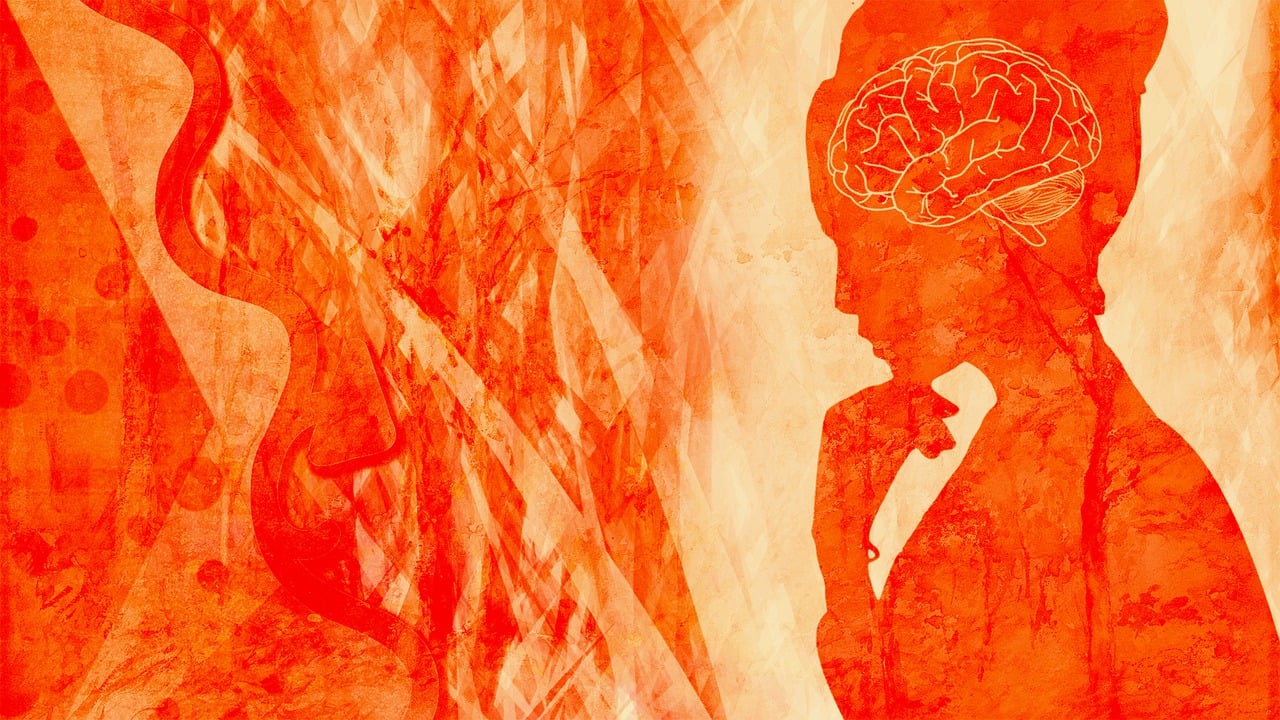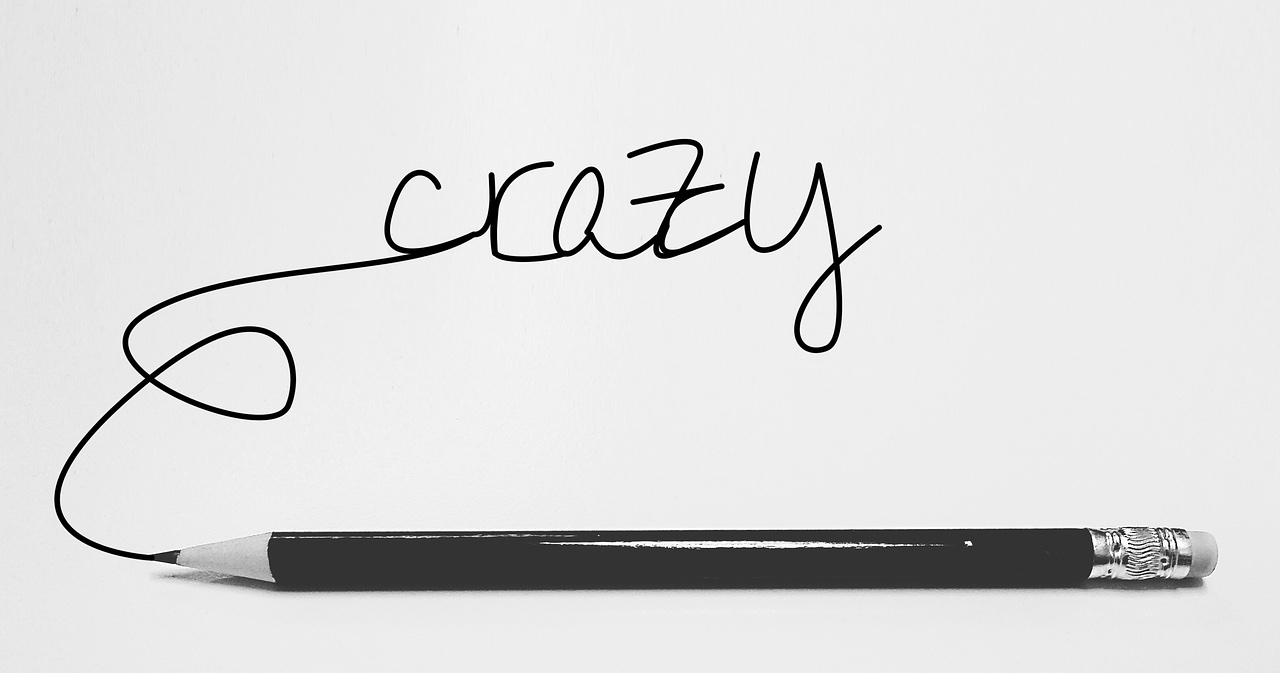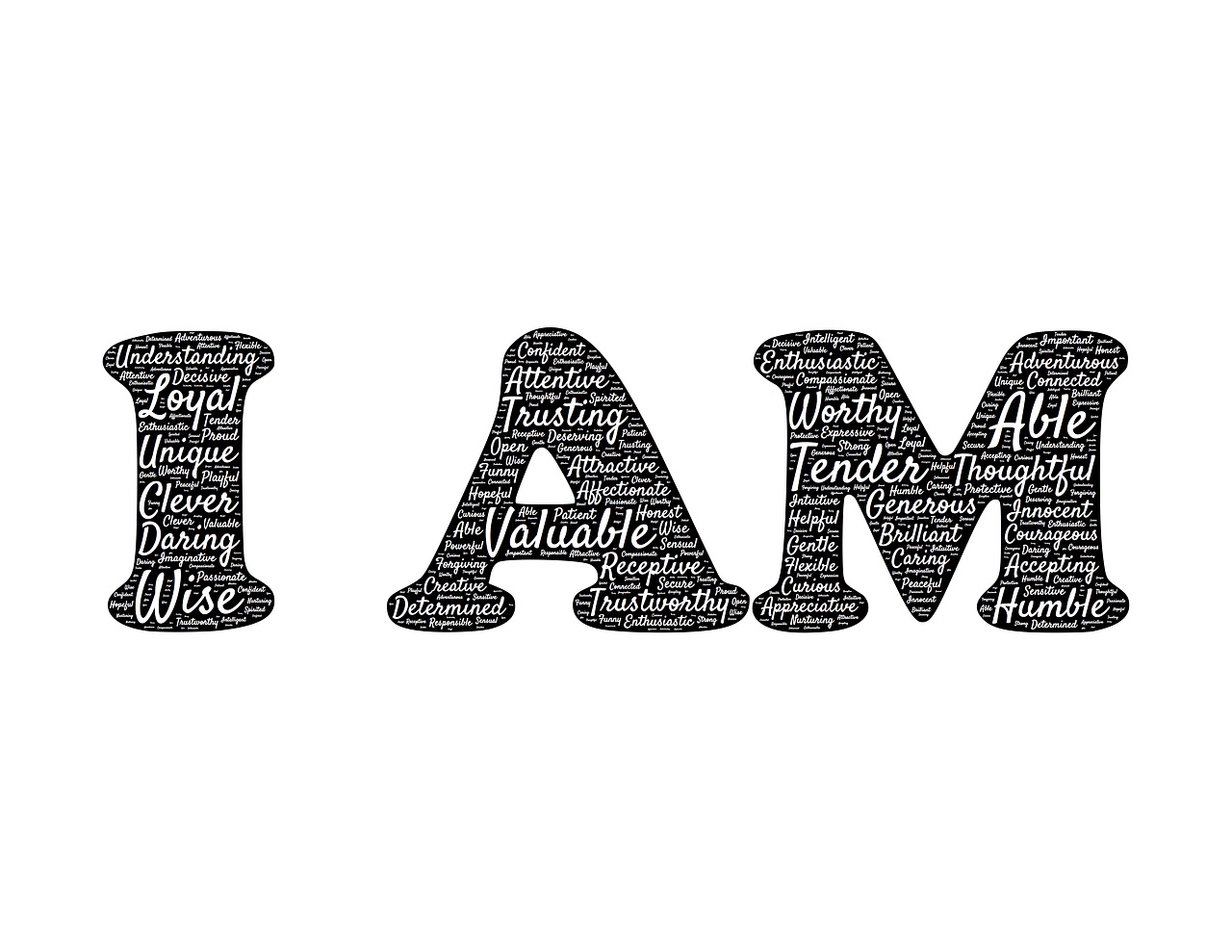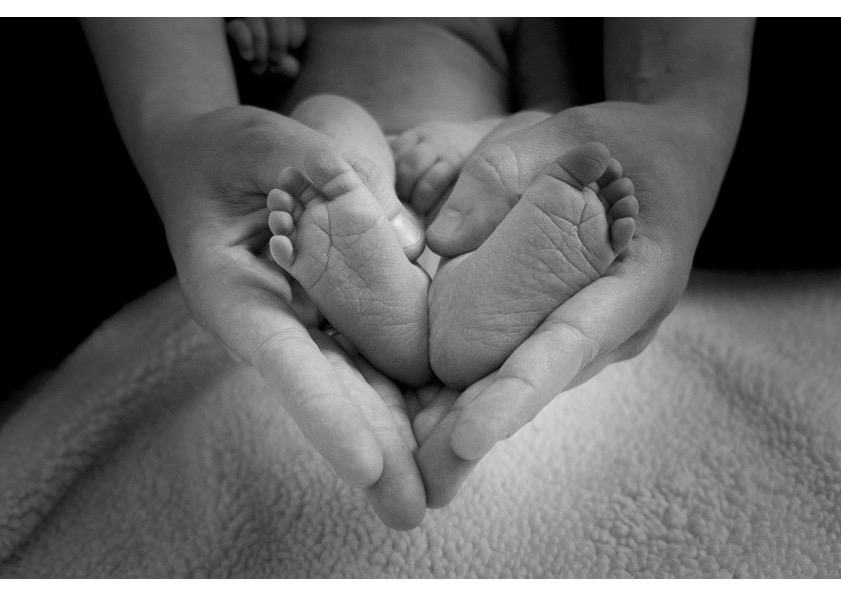How do you cope with whatever life throws at you? Coping is the ability to deal with difficult situations. Coping skills are the skills that we use to achieve this. It is, therefore, possible to describe a wide range of skills and activities as ‘coping skills’. It is also clear that some coping skills may …
Do You Fear Abandonment?
Abandonment trauma can stem from being left alone or neglected as a child either physically or emotionally. It can relate to the death of a parent, having your parents divorce, the loss of a partner or close friend, or finding out a partner has been unfaithful. Whether you experienced painful abandonment during your childhood or …
Do You Keep Attracting Emotionally Unavailable Partners?
An emotionally unavailable person is typically seen as someone who has a fear or block to sharing their emotions, and feelings. They delay making plans, don’t really want a label to the relationship, can’t commit, are inconsistent, they lead you on, or worse. They can be emotionally abusing you (gaslighting, stonewalling, lying). They likely …
Continue reading “Do You Keep Attracting Emotionally Unavailable Partners?”
Are You Fantasy Bonded? (Loving Someone For Their Potential And Not Their Reality)
As children, we are dependent on our caregivers. For food, love, safety, warmth and more. We learn to adapt our innate behaviour, in order to ensure our survival. One of the first ways that we adapt during times when we are hurting or lonely is to form an imagination that we are safe, and loved. …
How Your Attachment Style (and trauma) Shows Up In Friendships
Growing up, I could always make friends easily. I was funny, popular, a fabulous raconteur, and the life and soul of every party. At school, I had girl friends arguing over who was going to sit next to me in class. I was one of the ‘cool’ kids who all the boys wanted to date. …
Continue reading “How Your Attachment Style (and trauma) Shows Up In Friendships”
When Trauma And Pain Show Up As Crazy In Relationships
My daughter asked me recently where the term ‘bunny boiler’ comes from. I laughed, as I recalled Glenn Close’s psychotic character in ‘Fatal Attraction‘ and how, after the huge success of the film in the 80s, any female who demonstrated a glimmer of insecure behaviour was labelled a bunny boiler, relating to the scene where …
Continue reading “When Trauma And Pain Show Up As Crazy In Relationships”
Are You Abandoning Your Self?
As soon as we are born, life comes at us. We all need attachment, to survive, and if your parents or caregivers didn’t meet your emotional needs fully, you were abused, abandoned, or neglected, you will feel unworthy and unlovable deep down. You will learn behaviours to cope and to keep yourself as safe as …
Get To Know Your Nervous System
I remember a few years ago, a friend persuaded me to attend a meditation class with her. I couldn’t concentrate or focus, it was boring, and I was just desperate to get down the pub after. This is just one example of how I typically lived for most of my life. If I did ever …
What’s Your Attachment Style?
The primary goal of a human infant is to maintain proximity to its caregiver, which was necessary for survival during our evolution. Babies can’t survive alone. They depend on their main caregiver (attachment figure) to literally keep them alive. Founded by psychoanalyst John Bowlby in the 1950s and expanded by Mary Ainsworth, attachment theory outlines …
What Is The Mother Wound?
WHAT IS THE MOTHER WOUND? The bond between a mother and her child is so strong that British psychoanalyst Donald Winnicott believed that there’s no such thing as an infant, but only an infant and their mother. He believed that a child’s sense of self is built by the kind of a relationship that they have with …










